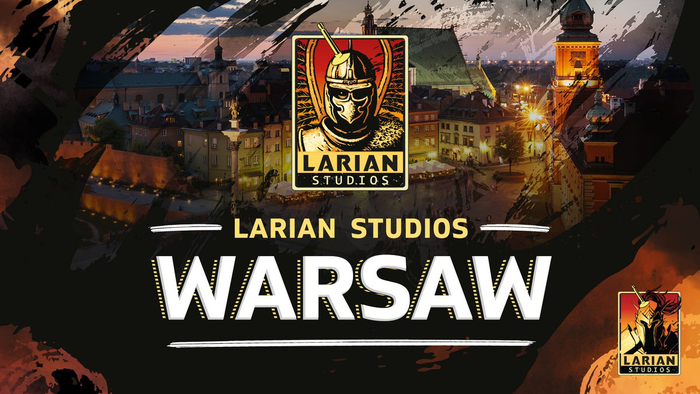GDC 2012: The unique challenge of making students play old video games
It should be easy to get college students to play the most beloved titles in video game history, but as three educators tell it, this seemingly simple task presents its own challenges.

One wouldn't think it would be difficult to get college students to play video games, but as three educators described at a GDC session on Tuesday, there are a lot of challenges. All three professors teach the history of video games at their respective universities, either as its own subject or in order to provide context for video game writing or design studies. The first blockade toward making this happen is convincing students to actually play old games. Though most (if not all) students in these courses play video games in their private lives, their personal tastes do not often intersect with what would be required to play important classics. "Rather than pretend that we're immersed in the same gameplay culture as students, we need to take a step back and find what needs to be told," said Jesper Juul of New York University. One of Juul's courses is Games 101, an introduction to the breadth of video game history, meant as a stepping stone toward further, deeper classes (should they exist, which they don't yet). The class requires students to spend significant time with older titles and write specific reports, which are often revealing, with one of his students starting a paper with "Zork was the first text-based adventure game I have ever played and probably the last text-based adventure game I will ever play." "Old games are really hard," says Clara Fernandez-Vara, of the Singapore MIT GAMBIT Game Lab, who says that her students have yet to meet the challenge of getting to level 5 of Jet Set Willy without losing any lives. "Our students are going to get frustrated and pissed off at us because why the hell are they playing these stupid games that are broken?" Inspired by her mentors when studying Shakespeare, who explained a work's historical context in order to help her better understand it, Fernandez-Vara encourages her students to play together in class. Sometimes she'll be at the helm, and sometimes it will be a student, but in either case discussion and experimentation is encouraged as the class tackles a game together. "Playing together always helps," she stresses. A Problem of Access Getting students to want to play games is only part of the problem. The bigger issue is giving them access to old games, many of which are no longer commercially available. "We're lucky enough that there are a lot of legal ways to getting access to older games," said Fernandez-Vara, "but ... I like weirder games and going into the offbeat material." While all campuses offer games in their respective libraries (UC Santa Cruz's Noah Wardrip-Fruin describes a substantial game lab that rents out everything from Atari 2600s to iPads), it is difficult to not only source original hardware and software, but to have enough of it available for individual students. Wardrip-Fruin took a somewhat creative approach when he wanted his students to play Infocom's classic line of text adventures, which are no longer available to purchase. He wrote a letter to Activision, which retains the rights to Infocom's catalog through an old acquisition deal, and was surprised to get a noncommercial license to install the games on a set number of computers on campus. Fernandez-Vara takes a different approach: she champions software emulation, despite its legal gray areas. "I advocate to use emulators in class under the assumption that it's fair use, that we're teaching students, and that the potential monetary loss [to rights holders] is offset by the education to our students," she said. And this isn't just an easy way to source games and save money. Her courses in design and writing source many titles for the ZX Spectrum and MSX computers, systems that never had a presence in the United States (but thrived in Spain, where she grew up). "Using emulators and ROMs should be covered by fair use: we're educators," she stressed.
Read more about:
event gdcAbout the Author(s)
You May Also Like













